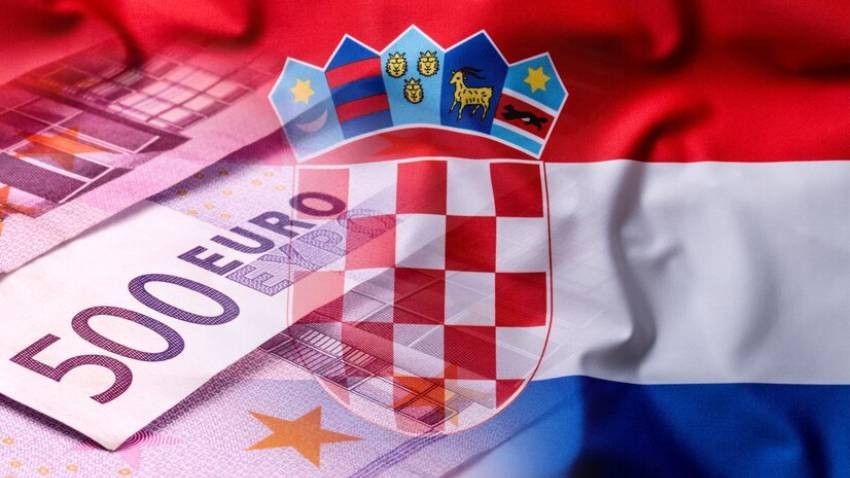
Read also:
English publication: Rositsa Petkova
No disruptions or price increases are expected on Bulgaria’s fuel market following the US sanctions imposed on Russian oil companies Rosneft and Lukoil, Bulgarian Petroleum and Gas Association Chairman Svetoslav Benchev told BTA. "For now, I..
The annual growth of Bulgaria's gross domestic product will remain above 3% in the period 2025-2027 , according to a report by commercial credit insurer Allianz Trade, BTA reports. According to Allianz this means that the Bulgarian economy will become..
With the introduction of the euro on January 1, Bulgaria will benefit from the stability, liquidity and all the advantages of the common currency, European Central Bank President Christine Lagarde said in an interview with public service..
KBC Group expects the Bulgarian economy to grow slightly more next year in comparison to its previous forecasts, according to the..

+359 2 9336 661
